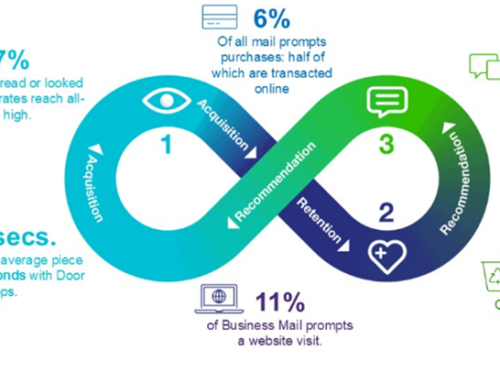Artificial Intelligence (AI) has become an integral part of our lives, from voice assistants to recommendation systems and autonomous vehicles. Its transformative power has brought both remarkable advancements and profound ethical dilemmas. Recent calls from MPs urging the Prime Minister to pass new legislation for AI safety in the UK, before the EU takes the lead, have brought the spotlight back onto the importance of AI ethics and the critical role data hygiene plays in ensuring safe AI systems.
The Call for AI Safety Legislation
MPs are sounding an alarm, warning that the UK risks falling behind in the global AI race if comprehensive AI safety legislation is not put in place promptly. The European Union is poised to establish a strong regulatory framework for AI, potentially setting a precedent that the UK could follow. But why is AI ethics such a pressing issue?
The Importance of AI Ethics
AI systems are increasingly making decisions that affect our daily lives, from determining credit scores and hiring recommendations to healthcare diagnostics and autonomous vehicle navigation. Ensuring these AI-driven decisions are fair, transparent, and devoid of biases is paramount.
AI algorithms, the engines that power these systems, are typically designed using vast amounts of data. They learn from this data, identifying patterns and making predictions. However, if the data used to train these algorithms is biased or unclean, the AI will inherit these flaws, potentially perpetuating discrimination and misinformation.
Data Hygiene: A Crucial Element of AI Safety
Data hygiene, the practice of maintaining clean and accurate data, is at the core of responsible AI development. Here’s why it’s so critical:
- Bias Mitigation: Biases can be inadvertently introduced if training data is not carefully curated. Clean data helps reduce biases, ensuring fair decision-making by AI systems.
- Algorithm Performance: Accurate and up-to-date data improves an algorithm’s predictive accuracy, making AI systems more reliable and effective.
- Transparency: Clean data ensures that AI decision-making processes are transparent and can be explained, enhancing trust among users and regulators.
- Legal Compliance: Many data protection laws, like GDPR in the EU, mandate that organisations maintain accurate and up-to-date data. Complying with these regulations is essential for AI developers.
What this shows is that AI ethics and data hygiene are inextricably linked, and addressing these issues now will pave the way for responsible AI development in the future. By enacting comprehensive laws that prioritise fairness, transparency, and data cleanliness, the UK can position itself as a global leader in the responsible adoption of artificial intelligence. In the meantime, any organisation that is using AI should adopt data hygiene principles as a duty of care to their customers.
We can help. For information on all our data hygiene solutions do get in touch!





